What’s the Buzz
The Bee Healthy Blog
Medication After a Heart Attack: What You Need to Know
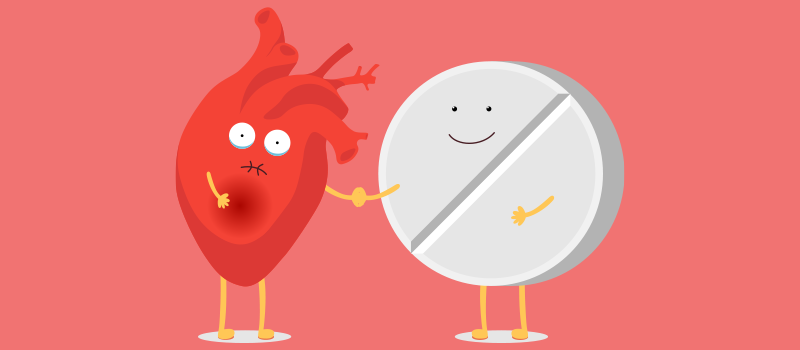
A heart attack is a life-threatening event that requires immediate medical attention and treatment in an emergency room. There are no medications that can treat a heart attack at home. However, after you have recovered from a heart attack, your doctors will send you home with medications to reduce your risk of a heart attack in the future.
Please continue reading to learn about some of the common post-heart attack medications used to prevent future heart attacks.
Why does a heart attack occur?
A heart attack (medical term: myocardial infarction) occurs when blood flow to the heart is interrupted. This most commonly occurs due to coronary artery disease, a blockage in the coronary arteries that supply blood to the tissue of the heart, usually from cholesterol plaque buildup. Sometimes, the plaque can rupture and form a clot that blocks blood flow, and lack of adequate blood flow to the heart muscle can lead to permanent damage.
Do you have to take medication after a heart attack?
Recovery after a heart attack typically requires taking one or more heart medications. These medications are used to treat chest pain, improve blood flow, and prevent blood clots.
It is important to take every prescription medication exactly as advised by your doctors during heart attack recovery and beyond to protect your heart and blood vessels. Along with healthy lifestyles, taking medications as prescribed will reduce your risk of complications, including death.
According to the American Heart Association, heart attack patients who fail to fill their prescriptions in the first 4 months after hospital discharge have an 80% higher risk of death than those who take medications as advised.
What medication do you get after a heart attack?
There are several types of medications commonly prescribed after a heart attack. They are briefly described below.
Nitrates and Other Antianginal Agents
Nitrates are drugs that widen the coronary arteries in the heart and help to decrease chest pain. Examples include nitroglycerin (available as a patch, oral spray, tablet, capsule, and packet), isosorbide (Imdur), and isosorbide dinitrate (Isordil). Besides nitrates, a medication called ranolazine (Ranexa) can also help to relieve chest pain.
Antiplatelet Medications
Antiplatelet agents are blood thinners that prevent blood platelets from clumping together and forming blood clots. They are prescribed to prevent blood clotting and keep stents open (more on cardiac stenting later). Examples of antiplatelet drugs include aspirin, clopidogrel (Plavix), ticagrelor (Brilinta), and prasugrel (Effient). You should not stop taking antiplatelet drugs without talking to your cardiologist first. Premature discontinuation of antiplatelet medications can result in the stent closing off, leading to another heart attack.
Anticoagulants
They are also known as blood thinners, which work to reduce the body’s ability to form blood clots. Examples include warfarin (Coumadin), heparin, dabigatran (Pradaxa), apixaban (Eliquis), and rivaroxaban (Xarelto). If you had a blood clot during or after your heart attack, your doctor may prescribe these drugs to dissolve a blood clot, thin your blood, and prevent blood clots in the future. Some of these drugs are also used to treat an abnormal heart rhythm.
Beta-Blockers
This is a group of medications that is commonly used to treat high blood pressure and abnormal heart rhythms caused by atrial fibrillation. Beta-blockers lower blood pressure by causing the heart to beat more slowly and with less force. Taking beta-blockers after a heart attack is associated with higher survival rates. Examples of beta-blockers include atenolol (Tenormin), metoprolol (Lopressor, Toprol XL), nebivolol (Bystolic), carvedilol (Coreg), and bisoprolol (Zebeta).
Angiotensin-Converting Enzyme Inhibitors (ACE Inhibitors) and
Angiotensin Receptor Blockers (ARBs)
These medications are used to lower blood pressure and improve heart function. Examples of ACE inhibitors include captopril (Capoten), lisinopril (Prinivil, Zestril), enalapril (Vasotec), quinapril (Accupril), and ramipril (Altace). Examples of ARBs include valsartan (Diovan), losartan (Cozaar), irbesartan (Avapro), azilsartan (Edarbi), and olmesartan (Benicar).
Calcium Channel Blockers
This is another group of medications used to treat high blood pressure. They work by relaxing or widening the blood vessels, thus, reducing the heart’s workload. Examples of calcium channel blockers include amlodipine (Norvasc), verapamil (Verelan, Calan SR), nifedipine (Procardia), and diltiazem (Tiazac, Cardizem).
Statins
One of the most common causes of a heart attack is high blood cholesterol. If you have high cholesterol, your doctor may prescribe statins to lower blood cholesterol levels. Examples include simvastatin (Zocor), atorvastatin (Lipitor), pravastatin (Pravachol), and rosuvastatin (Crestor).
Other Medications
Your doctors may prescribe other medications during your recovery from a heart attack. For example, because heart medications like aspirin can be hard on the stomach, your doctor may prescribe medicines that protect the stomach, such as H2 blockers like cimetidine (Tagamet) and famotidine (Pepcid) or proton pump inhibitors like pantoprazole (Protonix).
Procedures After Heart Attacks
Depending on the cause of your cardiovascular disease and your risk factors, you may be advised to undergo certain procedures after your heart attack, such as:
Cardiac Catheterization
This is a procedure in which a catheter (long, thin tube) is inserted into a large blood vessel and guided to your heart. If you've had a heart attack, cardiac catheterization may be done to find blockages in the blood vessels that supply the heart.
Coronary Angioplasty and Cardiac Stenting
This procedure, also called percutaneous coronary intervention (PCI), involves unblocking an artery in your heart with the help of a catheter. It may be done immediately after cardiac catheterization. The catheter has a special balloon attached that can be inflated to open a blocked coronary artery. Following this, cardiac surgeons almost always insert a stent (a tiny, expandable metal mesh coil) to help keep the artery open long term. Some stents are coated with medication that is slowly released over time and helps to keep the artery open (these are called drug-eluting stents).
Coronary Artery Bypass Surgery
Coronary artery bypass grafting (CABG) is an emergency surgery done during or shortly after a heart attack. During this open-heart surgery, the surgeon will use a healthy blood vessel from another part of the body to create an alternate route or bypass the blocked or narrowed section of the coronary artery. CABG restores blood flow to the heart, allowing more blood to reach the heart muscle.
What should you do after heart attack treatment?
Most medical centers offer cardiac rehabilitation programs. You may be started on such a program while you're still in the hospital after a heart attack. You will need to continue this program for several weeks after you return home.
The cardiac rehabilitation program will focus primarily on four things — medications, lifestyle changes, mental health, and a gradual return to normal activities. Your doctor will prescribe certain medications. They may also advise you not to take certain medications, such as medications used to treat erectile dysfunction. Sexual dysfunction drugs such as Viagra and Cialis have a major drug interaction with nitrates (nitroglycerin, isosorbide). Using these drugs together will cause a drastic drop in blood pressure, which can be fatal.
Participating and completing your cardiac rehab program is extremely important to reduce your risk of complications and death after a heart attack.
Ask your doctor about lifestyle changes that can reduce your risk of heart disease, heart attack, transient ischemic attack, and stroke. Lifestyle changes such as quitting smoking, following a heart-healthy diet, and getting regular exercise can lower many major risk factors of heart attacks. Your healthcare team will probably discuss with you other preventive interventions to improve heart health, such as regular checks of blood pressure and cholesterol levels.
References:
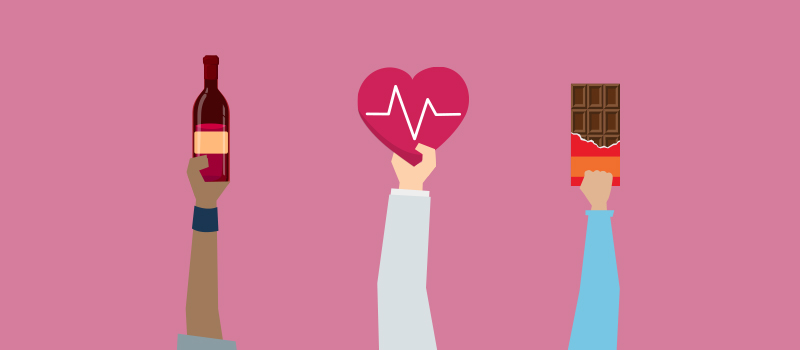


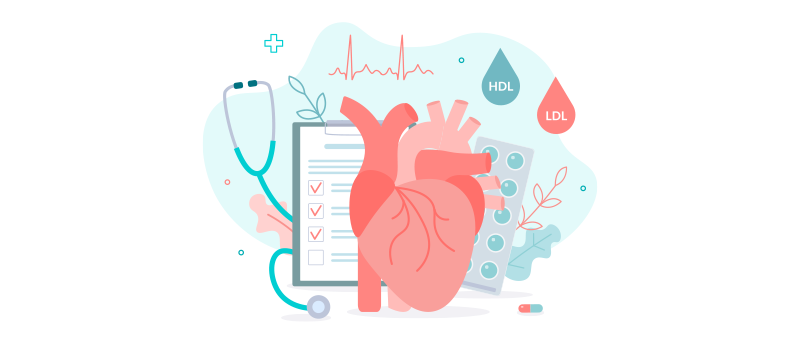

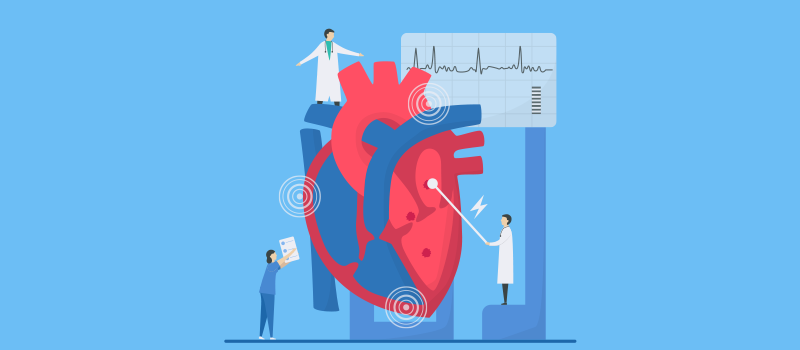
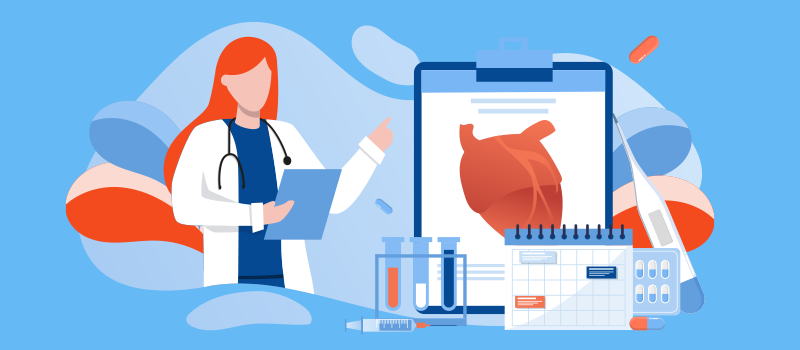
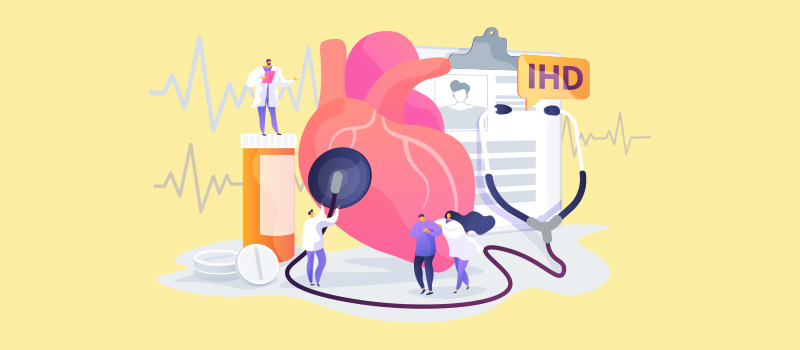

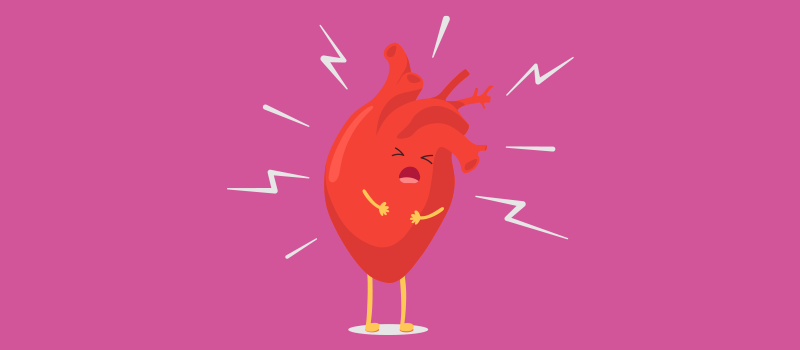
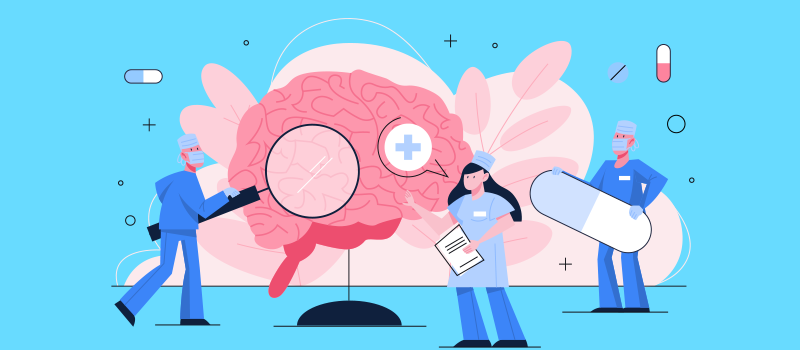
SOCIAL